Research Area
Nano/bio resarch area studies the very small scale systems. It utilizes the novel phenomena observed when the system size becomes extremely small and furthermore controls their physical properties. Generally, micro/nanoscale structures are fabricated and utilized in various applications such as energy devices, display devices, sensors and biomedical devices.
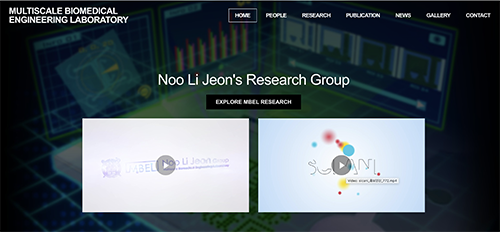
Microfluidic organ-on-chip technologies are used to develop biomimetic tissue and cell culture testing platforms that push the boundaries between in vitro and in vivo. It is the aim of organ on chip technologies to reduce the need for animal and human drug testing by developing cost effective and ethically superior human organ models, and to forge the tools of future research.
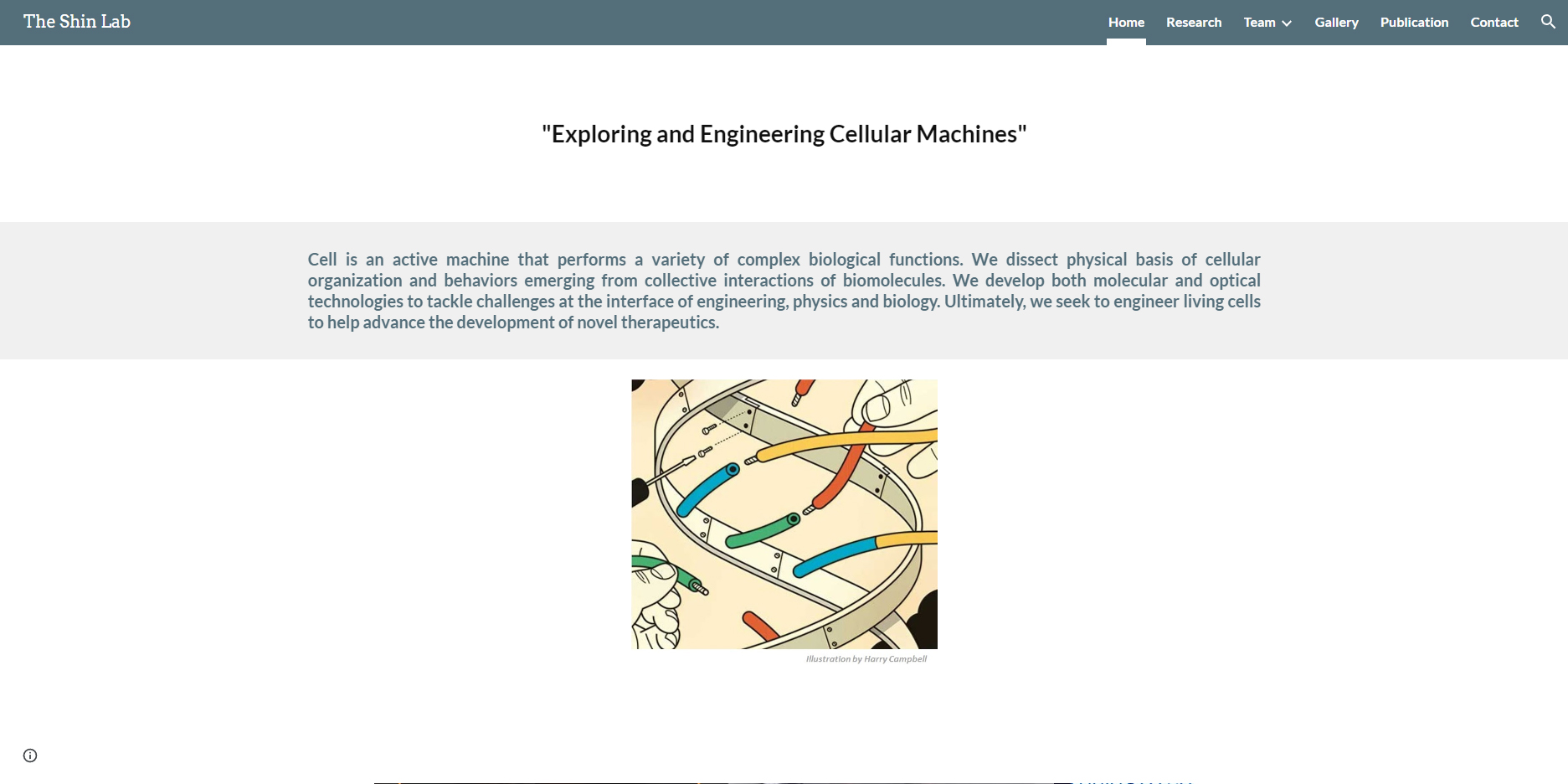
We aim to understand how living systems are organized from molecules to cells and tissues and how high-order functions emerge from interactions between individual components. In doing so, we employ diverse quantitative techniques to probe mechanics and dynamics of living systems, and analyze them by applying principles of soft matter physics and mechanics. Building on this knowledge, the long-term goal of our lab is to design and produce biological systems that can perform desired functions in diverse engineering applications.
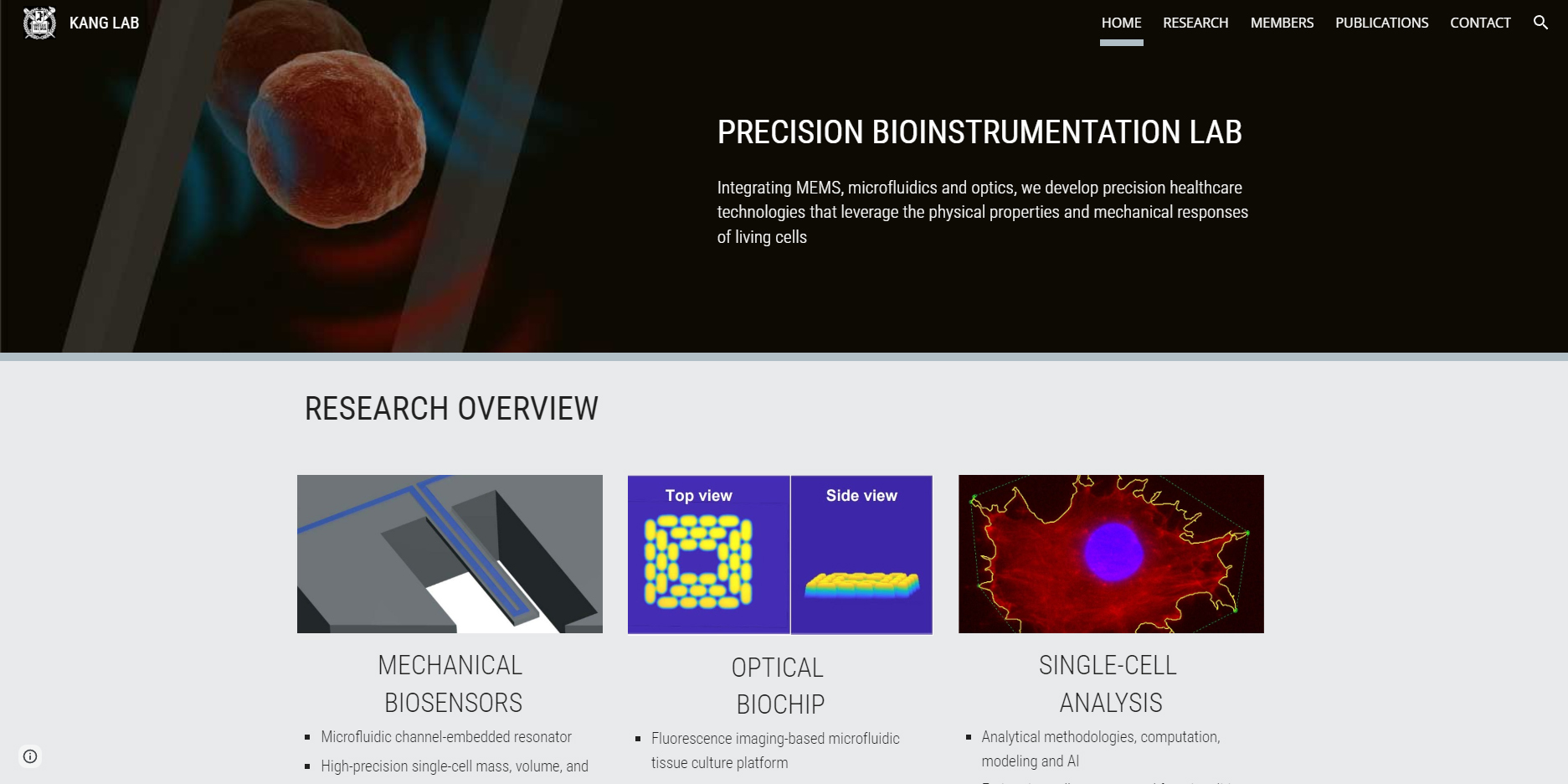
In the Precision Bioinstrumentation (PB) lab, we develop biomedical technologies that leverage the physical properties and mechanical responses of living cells, such as cell mass, volume, stiffness and shape. We employ MEMS-based biosensor and optical biochips and pioneer next-generation healthcare devices for diagnosing and monitoring diseases such as cancer and neurological disorders.
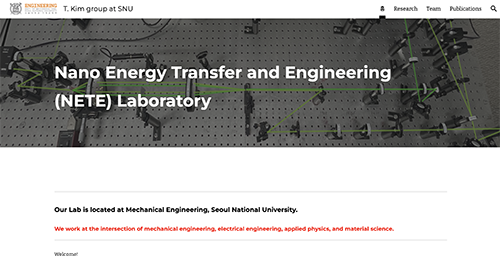
By employing optical spectroscopy and ultrafast electron microscopy, we systematically investigate transport phenomena of microscopic energy (thermal and electronic) carriers, to develop highly efficient novel energy materials and devices. Specifically, we conduct researches on thermal conduction in inorganic / organic materials, radiative cooling, and ultrafast photocarrier imaging.
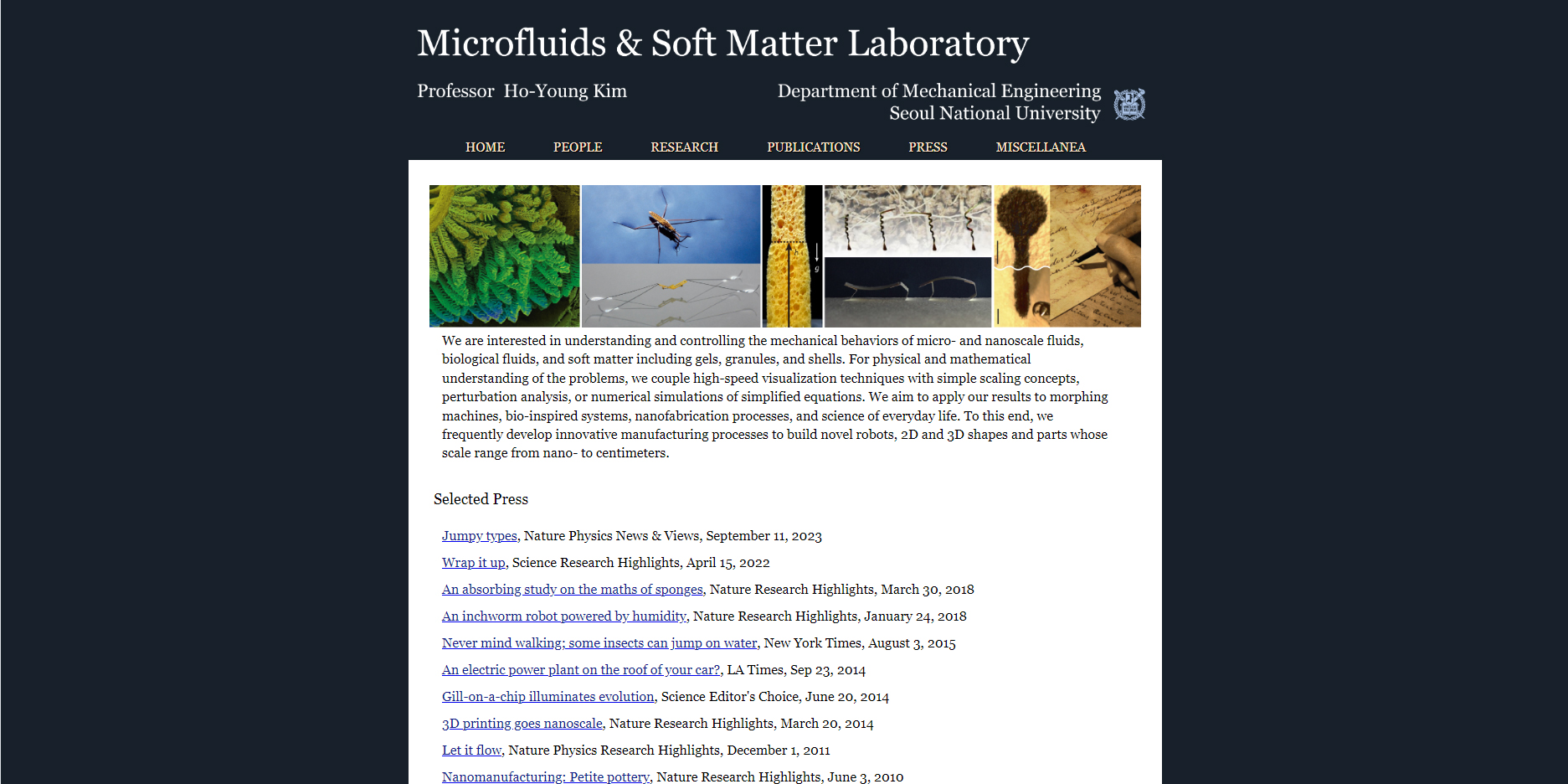
Give lectures related to micro/nano/bio fluid mechanics, and mechanics of soft matter, which includes Fluid Mechanics, Biological Fluid Mechanics, and Micro Fluid Mechanics (graduate course).
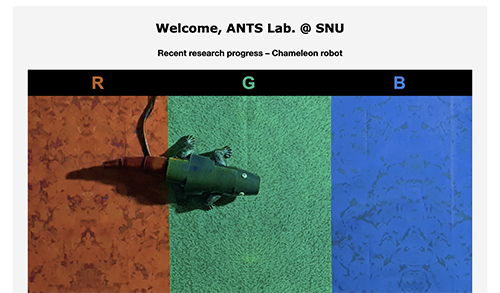
ANTS lab trys realize all the conventional rigid electronics into wearable electronics by developing flexible/stretchable electronics. Generally, we study (i) nanomaterial synthesis, (ii) laser based low temperature process, (iii) various application in electronics. The applications includes e-skin, soft robotics, AI based wearable sensors, transparent/stretchable electronics, VR/AR devices, energy storage, energy generation, air filters, etc.
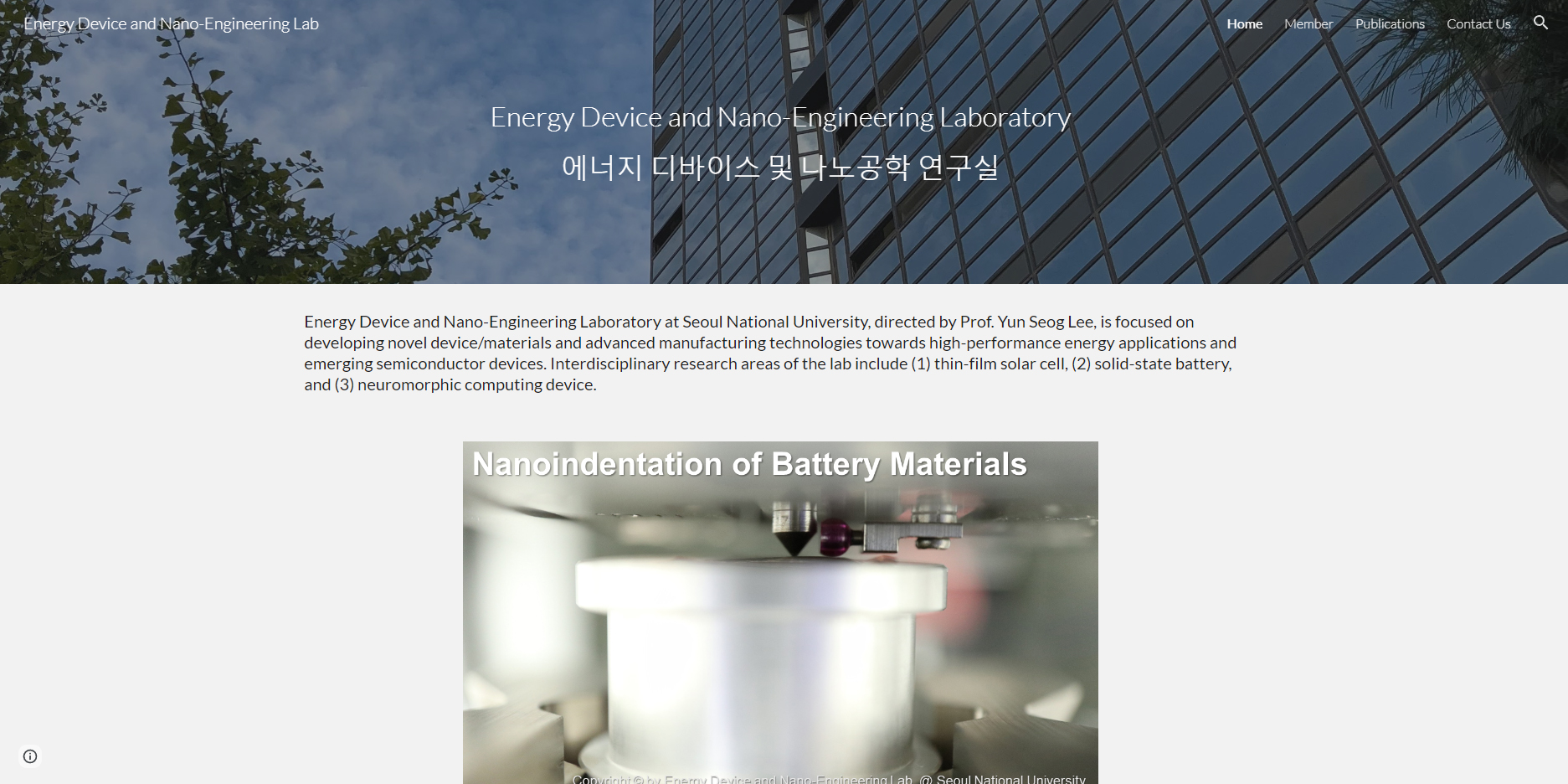
Our research covers a broad range of nanoscale energy and mass transfer mechanics and their applications. Based on innovative manufacturing techniques and novel materials, scalable high-efficiency energy devices such as thin-film solar cells and solid-state rechargeable battery devices are developed.
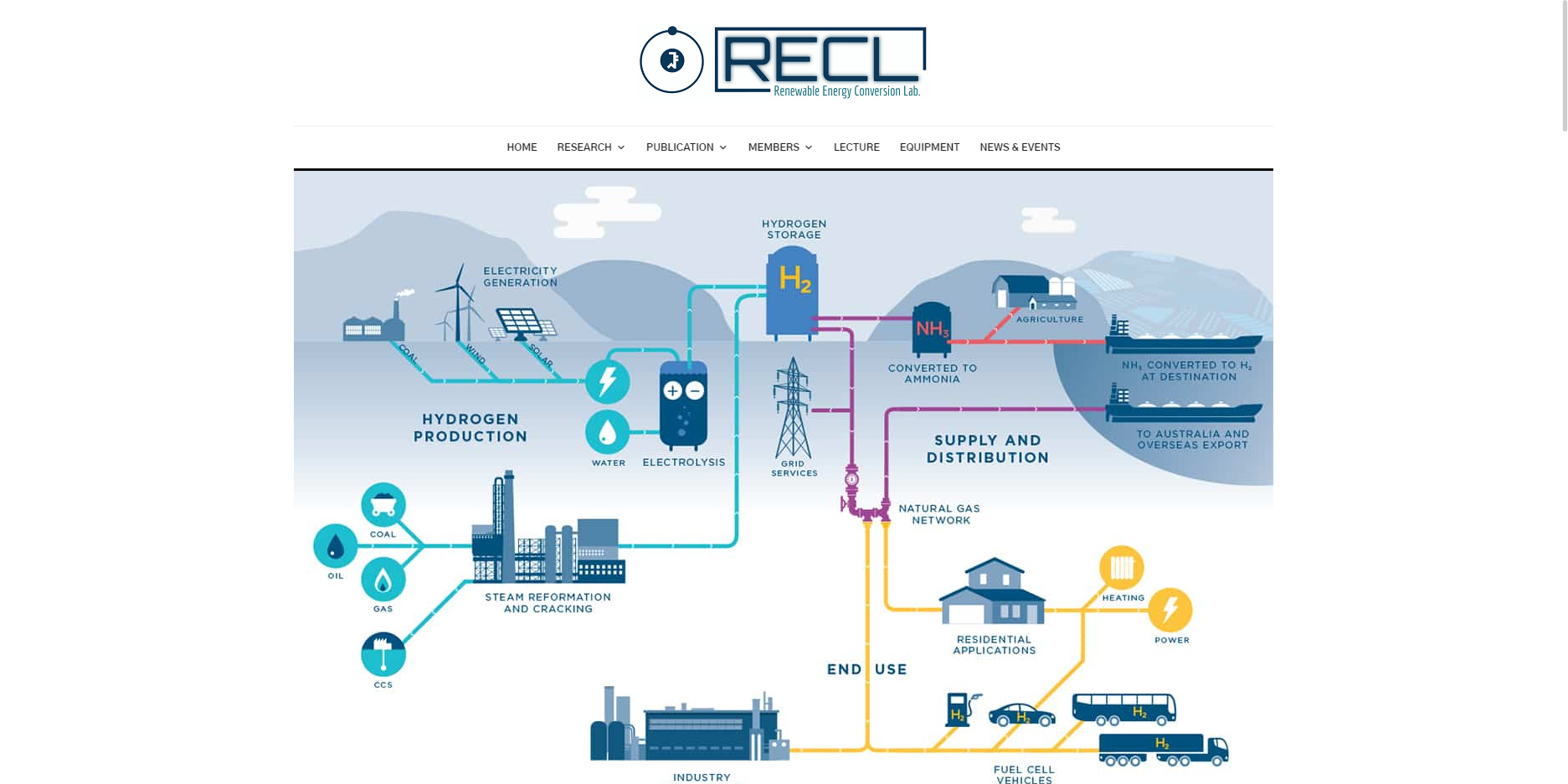
The renewable energy conversion laboratory is a team working on two specific kinds of research; fuel cells and data-driven programming. We are designing various types of fuel cells such as SOFCs, PEMFCs by analyzing and testing the performance of the fuel cell. Based on the experimental data, we are progressing the research of fuel cell system and hybrid vehicle modeling, adjusting to the application of many industries by utilizing AI technology and data-driven programming.
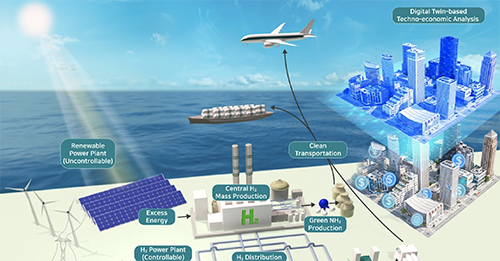
Thermodynamics (M2794.001100)
New Energy Engineering (M3500.002300)
Hydrogen Production and Feul Cell Application (M3228.001200)
Future Energy Conversion Engineering (M2794.009900)

